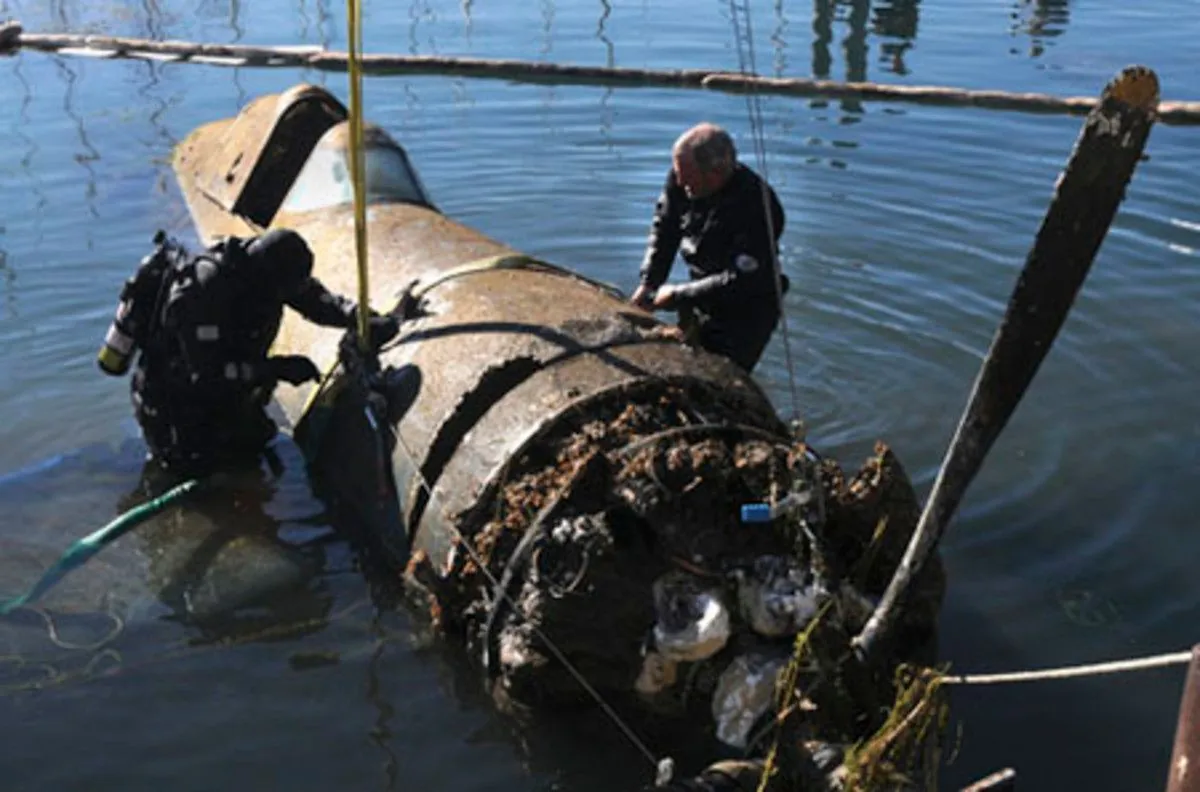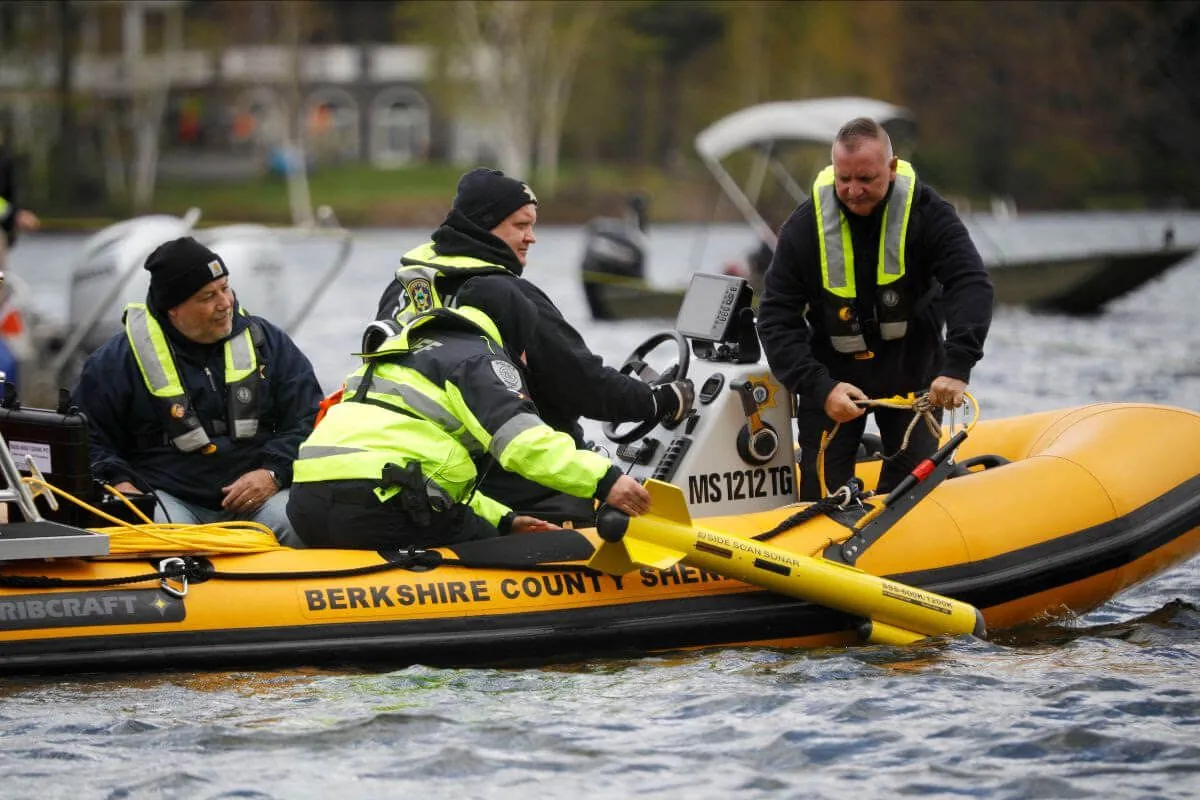Diver's Body Recovered from Lake Michigan Shipwreck Site
Authorities have retrieved the body of a 72-year-old diver who went missing while exploring a shipwreck in Lake Michigan. The recovery operation involved multiple agencies and advanced technology.

In a somber conclusion to a diving expedition, authorities have recovered the body of Patrick Kelly, a 72-year-old diver from Winthrop Harbor, Illinois. The incident occurred in the depths of Lake Michigan, one of North America's five Great Lakes, known for its vast expanse and historical significance.
Kelly had been exploring the wreckage of the S.S. Wisconsin, a steamer that sank in 1929 during a severe storm. The shipwreck lies in waters exceeding 120 feet deep, approximately six miles off the coast of Pleasant Prairie, Wisconsin. Lake Michigan, with an average depth of 279 feet, presents challenging conditions for divers and rescue operations alike.
The Kenosha County Sheriff's Department reported that Kelly failed to resurface as scheduled on Tuesday, September 10, 2024. His wife, who was aboard their boat, immediately issued a distress call, initiating a multi-agency response. The U.S. Coast Guard and other rescue teams were forced to suspend their initial search due to adverse lake conditions, a reminder of Lake Michigan's unpredictable nature.

Rescue efforts resumed on Wednesday morning, September 11, 2024, employing advanced technology to locate Kelly. Authorities utilized sonar equipment and several remotely operated robotic vehicles, showcasing the sophisticated methods required for deep-water recovery operations. These tools proved crucial in navigating Lake Michigan's vast underwater landscape, which spans 1,640 miles of shoreline.
The S.S. Wisconsin, the focus of Kelly's final dive, represents one of the many shipwrecks scattered across Lake Michigan's floor. This particular vessel sank during a gale in 1929, claiming the lives of nine crew members. The captain, initially rescued, tragically succumbed to his injuries on shore. This historical context underscores the dangers that have long been associated with Great Lakes navigation.
Lake Michigan, formed by glacial action approximately 11,000 years ago, holds a significant place in North American geography and culture. It is the only Great Lake located entirely within the United States and contains a substantial portion of the world's surface freshwater. The lake's name, derived from the Ojibwa word "michi-gami" meaning "great water," reflects its importance to indigenous peoples.
While the lake's average temperatures range from 40°F in winter to 60°F in summer, its depths present a consistently challenging environment for divers. The recovery of Kelly's body serves as a stark reminder of the risks associated with exploring these underwater historical sites.
Lake Michigan's ecosystem, home to various fish species including salmon and trout, faces ongoing challenges from invasive species and fluctuating water levels. Despite these issues, the lake remains a crucial economic asset, supporting shipping, fishing, and tourism industries for the more than 12 million people living along its shores.
This tragic incident highlights the ongoing fascination with Lake Michigan's maritime history, as well as the inherent risks of exploring its depths. As the community mourns the loss of Patrick Kelly, it also reflects on the enduring allure and respect commanded by one of North America's great inland seas.


































